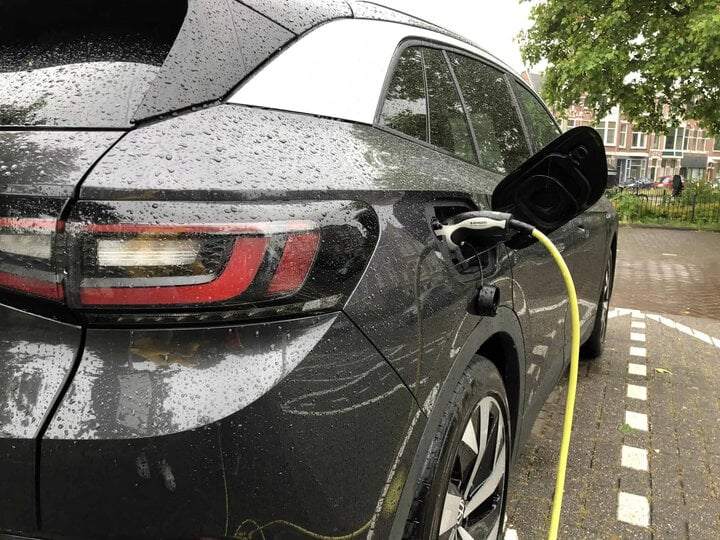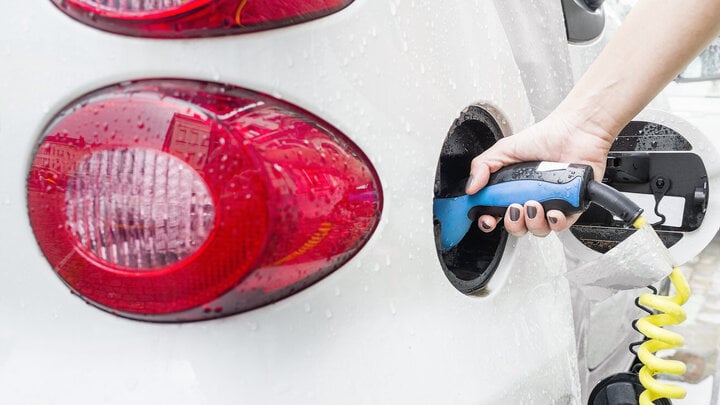Is it Safe to Charge an Electric Vehicle in the Rain?
As the popularity of electric vehicles (EVs) continues to grow, questions arise regarding the safety of charging these vehicles in inclement weather, particularly during the rain. Many people are concerned about the potential risks associated with charging their EVs at home or at public charging stations without a shelter. In this article, we’ll explore the safety aspects of charging electric vehicles in the rain.
The Weather-Proof Design of EV Batteries and Chargers
According to experts at Hertz, EV batteries and chargers are designed to withstand various weather conditions, including rain, snow, and extreme temperatures. This means that even in wet weather, EV chargers remain safe and reliable. 
Safety Features and Standards
While each EV manufacturer may have different safety standards for their batteries and chargers, they are all designed to protect against external factors such as dust and water. Additionally, intelligent sensors are integrated into the charging system to establish a secure connection and ensure safe charging. If any obstacles or threats are detected, the charging process is automatically paused. Therefore, charging an electric vehicle at a public charging station, even in the rain, is completely safe. It is important, however, to ensure that the charging plug and socket on the vehicle are dry when connecting to avoid any potential technical issues. 
Stringent Safety Measures
All cables and charging points are designed to be waterproof and compliant with high safety standards. They also include additional safety measures to direct any electrical current away from the user and towards the ground through the EV. Electronic components within EVs adhere to strict regulations set by safety organizations like the International Electrotechnical Commission.
Even If it Falls into Water
In the rare event that an EV charging cable falls into water, it does not pose a risk to the user or the vehicle. These cables are designed to transmit electricity only when properly connected to the vehicle. Hence, there will be no current flowing through the cable if it is submerged in water.
Tips for Safe Charging
To ensure optimal safety when charging an EV:
- Always use dedicated charging points. Whether you are charging at home or at a public charging station, professionally installed EV charging ports are the safest option.
- Use cables that meet the manufacturer’s recommended standards. While most EVs come with charging cables, if you need to purchase an additional cable, make sure it is approved by the manufacturer.
- Avoid using extension cords with multiple plugs. Always use the appropriate type and length of cable recommended by the manufacturer. Never use indoor cables for outdoor charging.
- Regularly inspect your charging equipment. Before every charging session, check the condition of your charging cable and socket to ensure they are in good working order.
In conclusion, charging an electric vehicle in the rain is safe and poses no significant risks. EV batteries and chargers are designed to withstand all weather conditions, and safety measures are in place to protect users from any potential hazards. By following the manufacturer’s recommendations and using proper charging equipment, you can enjoy the convenience of charging your EV worry-free, rain or shine.
According to Hertz
